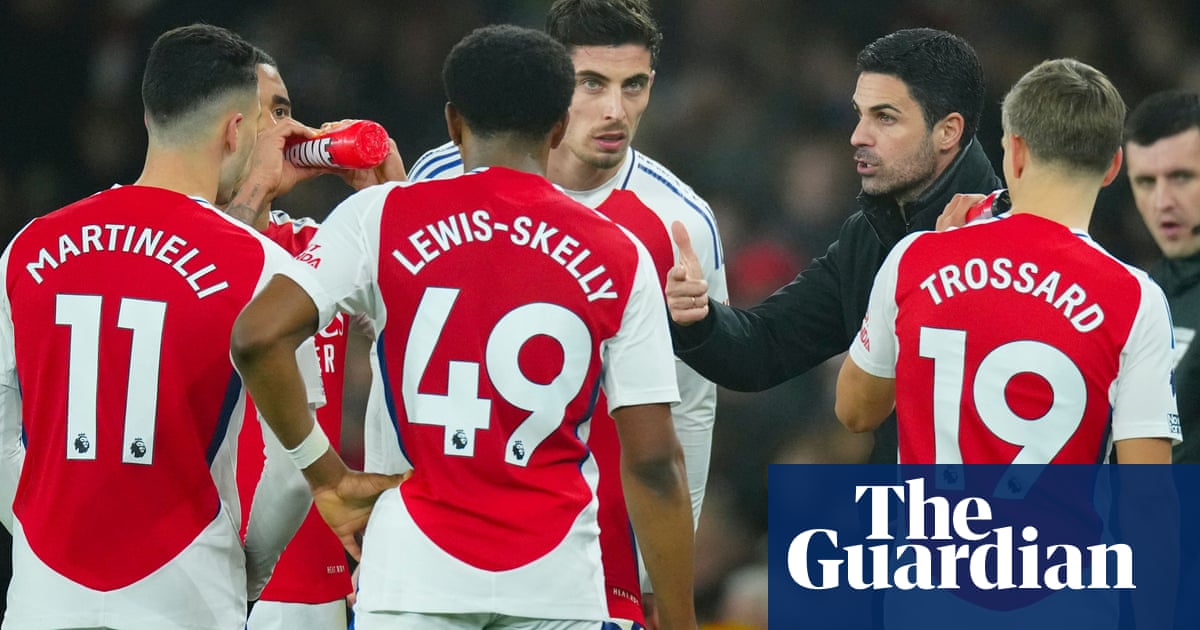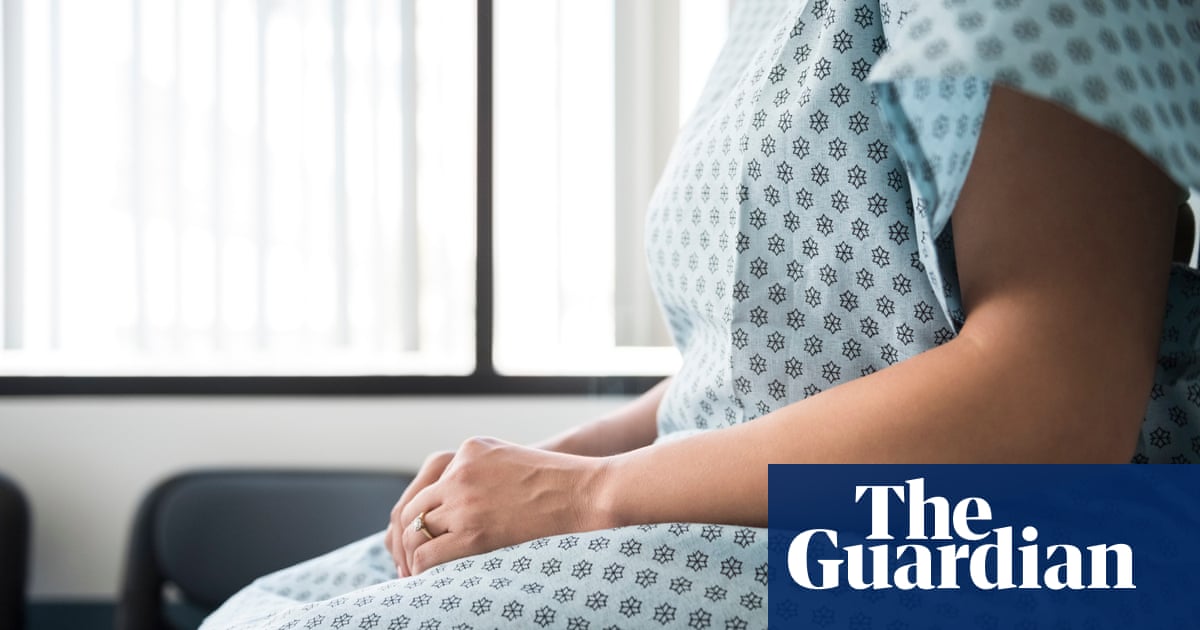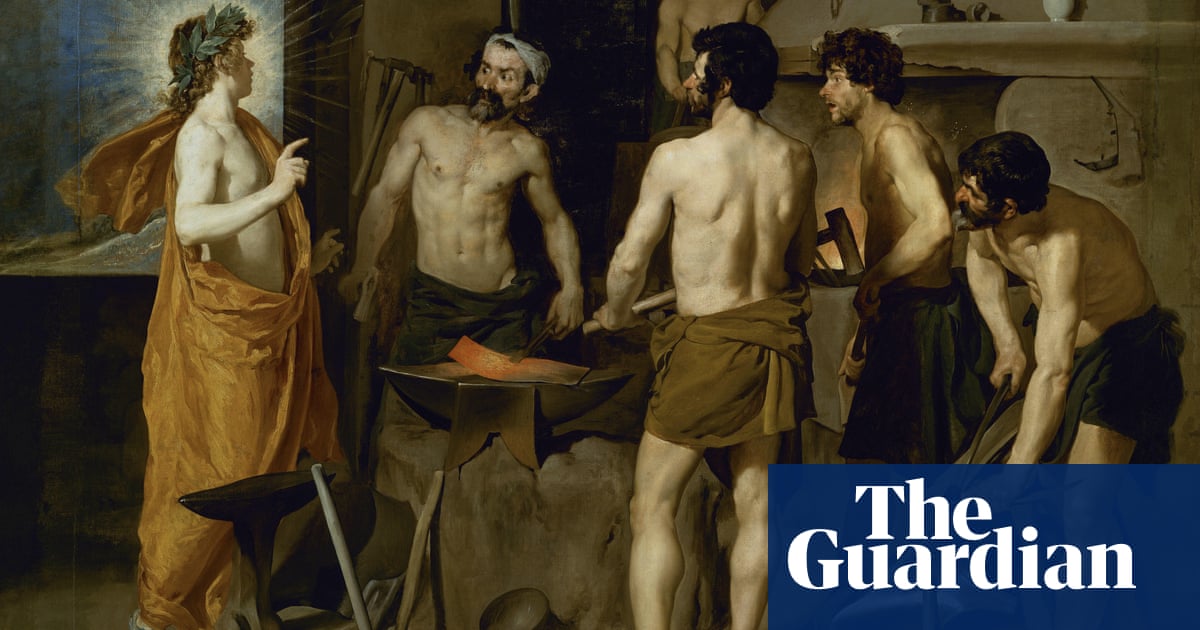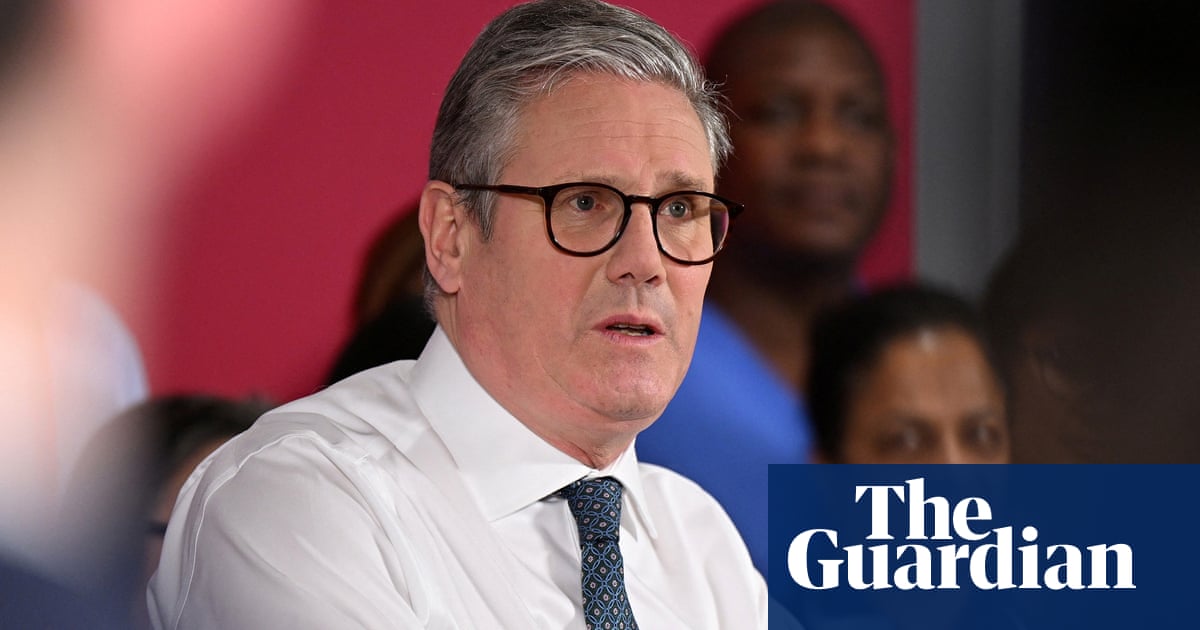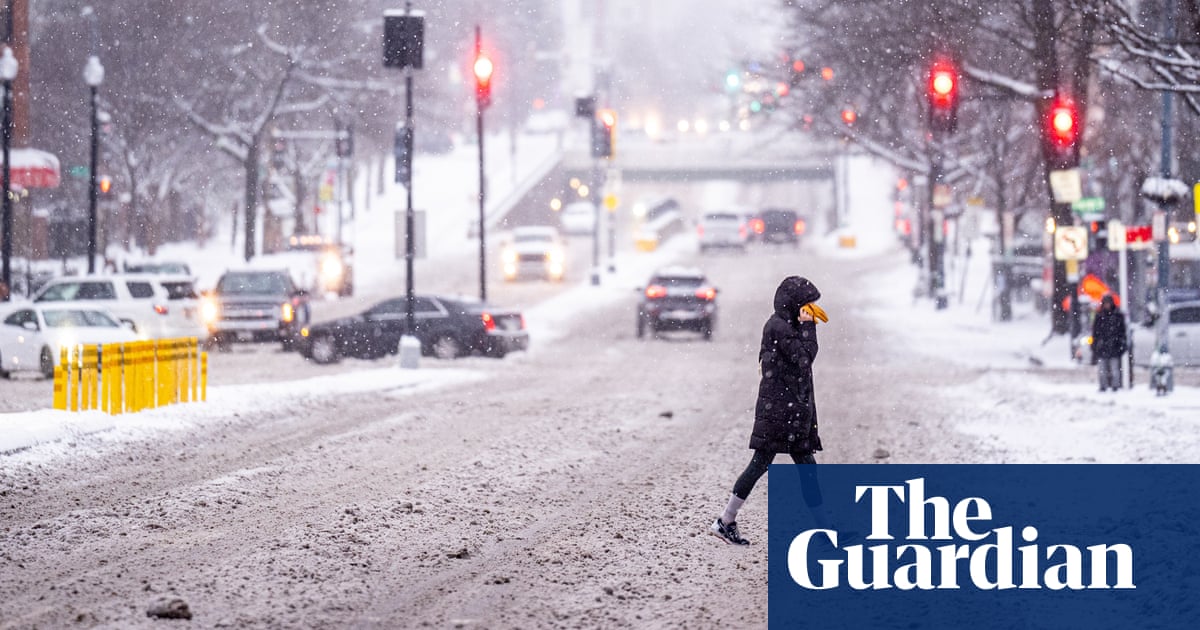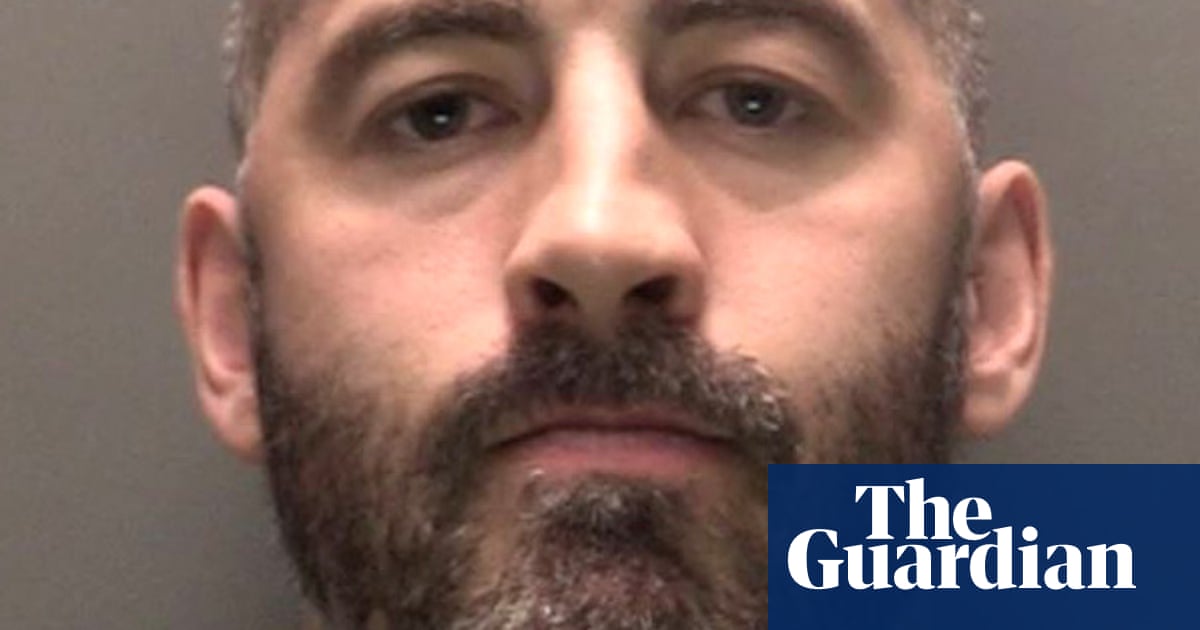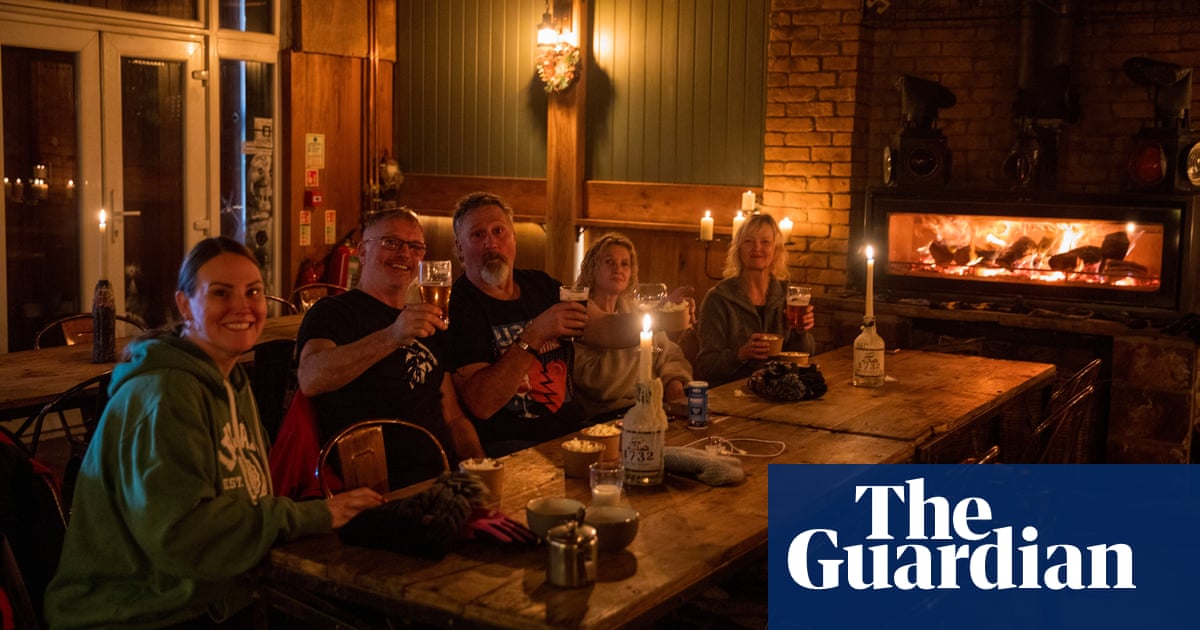A hospital consultant who treated Sergei and Yulia Skripal after they were poisoned with the nerve agent novichok was “gobsmacked” when Yulia woke and began trying to get out of bed four days after the attack.
Dr Stephen Cockroft said he tried to reassure Yulia, who was “crying and terrified”, that she was safe and also asked her if anyone had attacked her and her father or sprayed anything over them.
Cockroft told the inquiry into the Wiltshire poisonings he had been “quite sure” at the time that Yulia had suffered “catastrophic” brain damage. He said: “I was gobsmacked this was a girl I never thought I would see move again.”
The consultant said he was later warned against questioning Yulia, removed from the intensive care rota and ordered not to discuss the Skripals’ symptoms with colleagues.
He said this meant his experience recognising the symptoms of novichok poisoning were not passed on by the time Dawn Sturgess, 44, was fatally poisoned with the nerve agent three months later. He said this was a “lost opportunity”.
Cockroft said that when the Skripals were brought in to Salisbury district hospital on 4 March 2018, he considered they may have been poisoned as they did not fit the profile of recreational drug users. He said Sergei was behaving in an “extremely odd manner” and he had thought Yulia was likely to have suffered extensive brain damage.
He was not officially told that Skripal was a former Russian spy but a police officer told him: “I think you should google Sergei Skripal. You’re not going to believe what I have just found out.” He did this, which “set off a tremendous alarm bell”.
Asked if he considered a nerve agent, he said: “I did. But of course, that’s a pretty wild thing to think of in Salisbury.”
Cockroft described how on 8 March 2018 a colleague ordered a “sedation hold” on Yulia, which is routinely done in patients who are being kept unconscious.
A staff member shouted to Cockroft: “Steve, come quick. Yulia is getting out of bed.” He said: “I grabbed hold of her hands and started to talk to her.” He told her she and her father had been taken ill. He asked her: “Did anyone attack you? Did anyone spray anything over you?”
Cockroft said he was trying to comfort Yulia and she went back to sleep about five minutes later.
The inquiry was told Dr Christine Blanchard, the hospital’s medical director, removed Cockroft from the intensive care rota. He said he was told he “hadn’t been wise” to speak to Yulia about what had happened and it would be treated as “serious misconduct” if he discussed “any aspect of the poisonings” with colleagues or other people.
after newsletter promotion
He said this meant he was not able to share his experience with the Skripals with others, which he said was a “lost opportunity”.
Cockroft said he was stopped from talking at two meetings between professionals in April and June 2018. “I felt it absolutely vital that we share the knowledge,” he said.
One meeting was attended by almost all the doctors in the emergency department at Salisbury. He said: “This would have been an ideal opportunity to discuss how the Skripals presented and share the secret. When I started to speak I was told I wasn’t required.”
Sturgess died after collapsing on 30 June having been poisoned with novichok and died at Salisbury district hospital on 8 July. On 12 July a debrief was held and, finally, Cockroft was able to share his experiences.
Under questioning by Michael Mansfield KC, for the Sturgess family, Cockroft said he would have liked to have passed on what he had observed, such as the patients’ “profound sweating” and “intense salivation”. He said: “It was something I will never forget. That’s something I felt people need to know.”
The inquiry continues.

.png) 2 months ago
20
2 months ago
20


